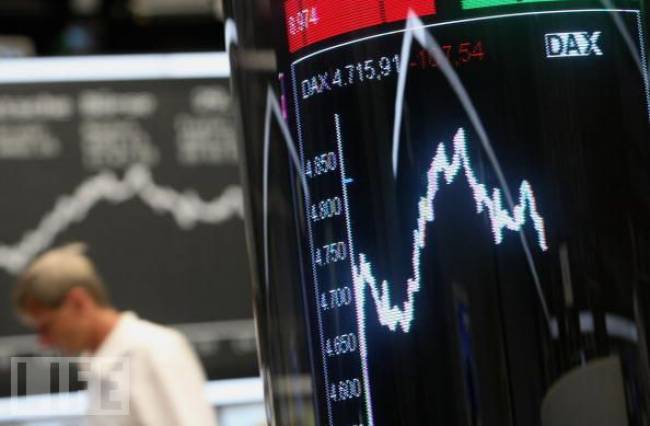By Tom DiChristopher, CNBC
Market watchers are expecting Greece to reach a deal with its international creditors by the June deadline—though a long-term accord that tackles meaty issues will likely have to wait, strategists said Tuesday.
“It probably won’t resolve all the major issues of labor reform, pension reform. It probably will be an interim deal that buys them more time,” David Joy, chief market strategist at Ameriprise Financial, said on CNBC’s “Squawk Box.” “I think you see that reflected in the rather complacent equity markets in Europe right now.”
This past weekend, Greece’s interior minister said his country would be unable to both pay out pension benefits and wages and make a scheduled payment to the International Monetary Fund due in the coming weeks.
However, the sense that the debt drama is nearing an end can be seen in bond markets as yields move higher, particularly in Greece, Joy said.
At the same time, European stocks are not showing strain, he said, adding that they are instead more influenced by the euro, which has been pushed down by the potential for accelerated stimulus spending by the European Central Bank and comments from Federal Reserve Chair Janet Yellen that a U.S. rate hike is coming.
A member of the ECB’s executive board suggested last week the bank would be more aggressive in its bond-buying program in the near term.
“That’s really what’s driving the euro zone markets now, is the euro,” Joy said. “It’s basically saying Greece is an issue, but it’s not the major issue.”
Failure to reach a deal on Greek debt would be disruptive in the short term, but would not create systemic, long-term issues for Europe, he added. Ultimately, he added, it would result in “a tremendous flight to safety” as investors flock to U.S. treasurys and German bunds.
Hans Olsen, global head of investment strategy at Barclays Wealth and Investment Management, said he saw little impact on U.S. markets in the absence of a deal. While U.S. stocks are ripe for a correction, a Greek debt default would not be the catalyst for a major pullback, he said.
Any spillover effect in the euro zone is unlikely to be material, he added.
“Policymakers are already mooting a two-stage, or two-tier euro with Greece being sort of euro lite, if you will,” he said on “Squawk Box.” “The euro zone of 2011 is not the euro zone of 2015.”



















